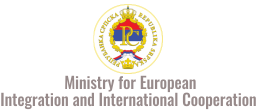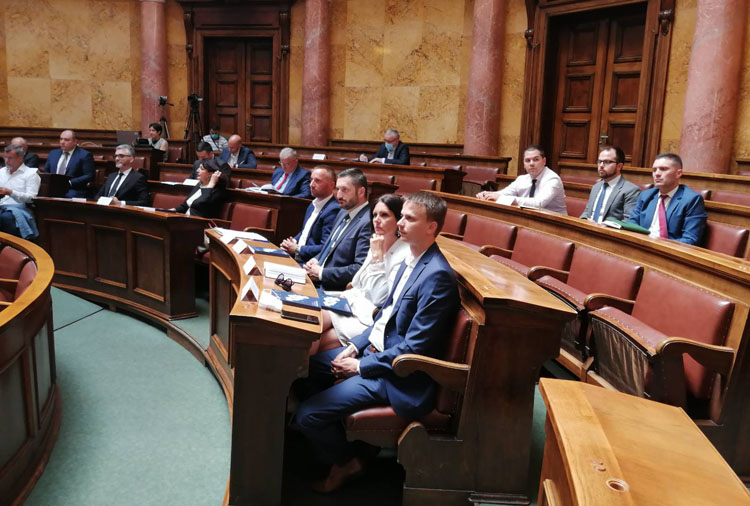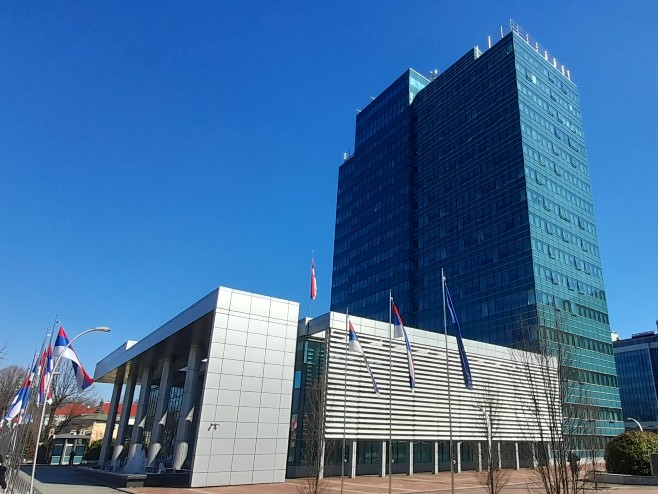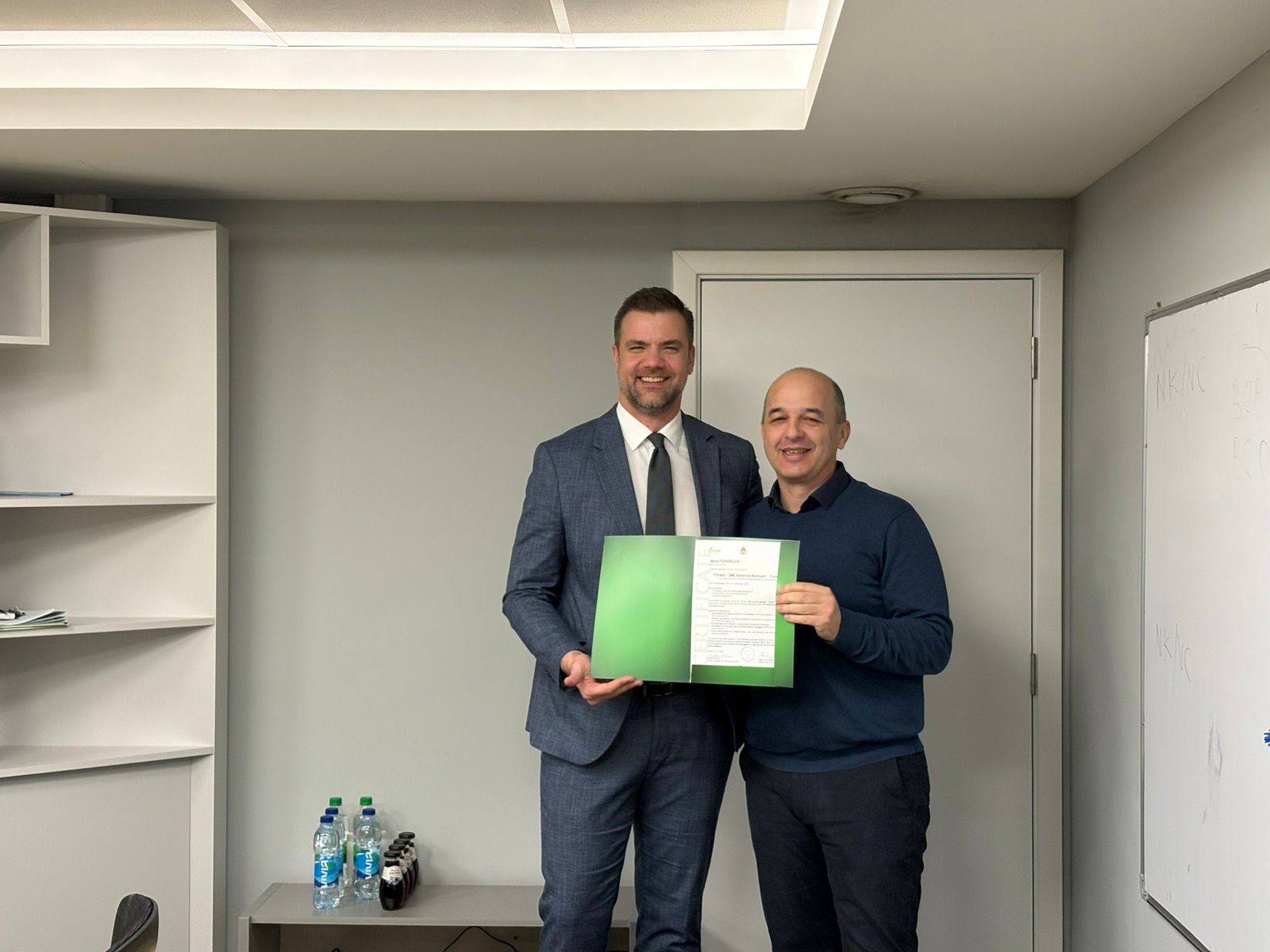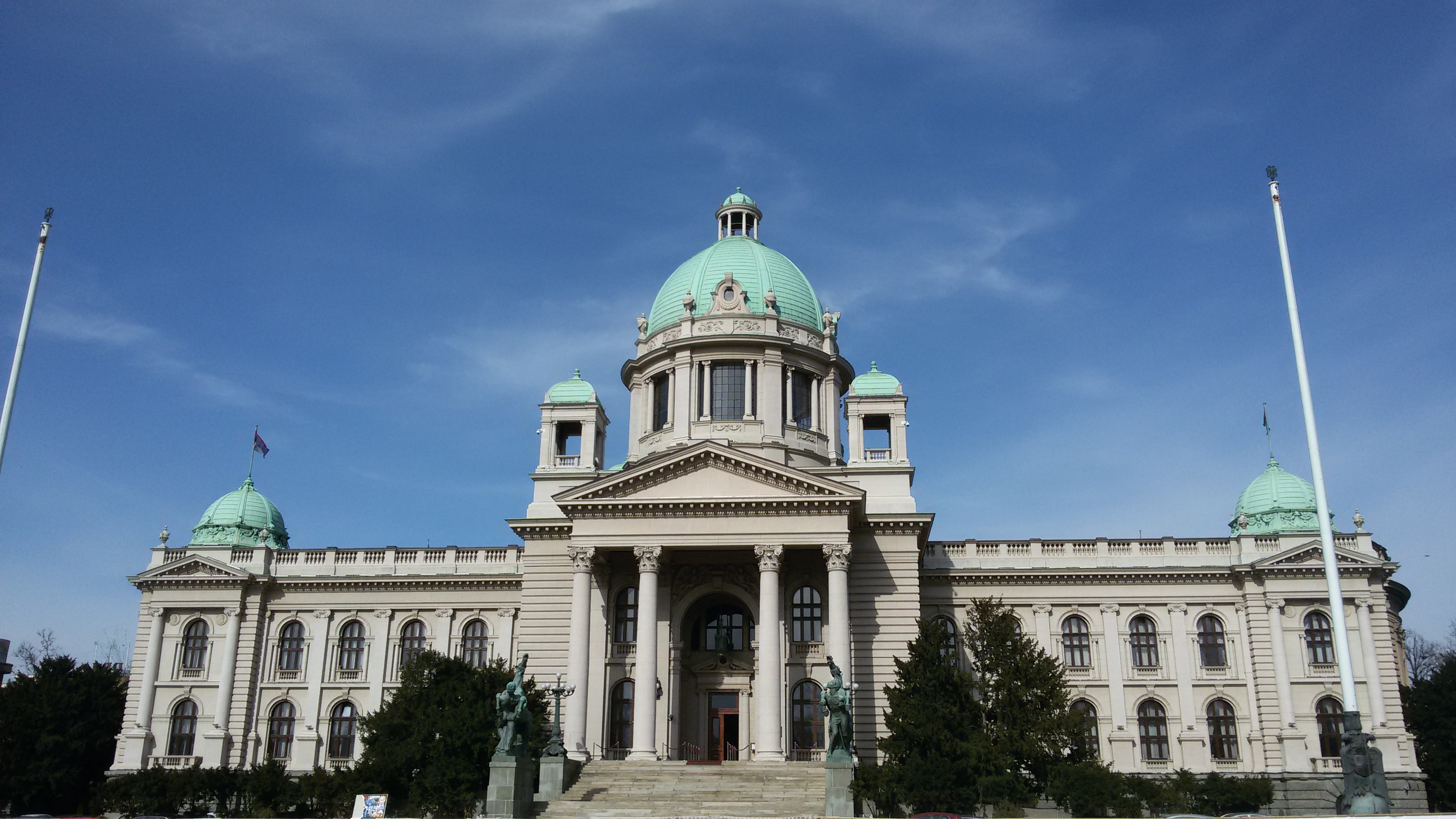Acting Director of the Republic Secretariat for Displaced Persons and Migration, Ljubo Ninković, attended the 7th session of the Committee on the Diaspora and Serbs in the Region in Belgrade, where the Commission for Missing Persons of the Government of the Republic of Serbia presented activities to resolve the issue of persons gone missing in armed conflicts in the territory of the former SFRY.
At the very beginning of the meeting, the Chairman of the Committee, Milimir Vujadinović, greeted the Missing Persons Commission of the Government of the Republic of Serbia, as well as representatives from the Republic of Srpska, Republic of Croatia and relevant institutions in the Republic of Serbia. The central topic and objective of the session was to present to the most important representatives of the state what Serbia had done regarding the issue of missing persons in the previous period.
In the SFRY territory, 10,000 people have disappeared, i.e. 10,000 families are looking for their closest ones. Over 40% of them are persons of Serbian nationality.
The activities of the Republic of Serbia Government’s Missing Persons Commission on resolving the issues of persons gone missing in armed conflicts in the territory of the former SFRY were presented by Veljko Odalović, the president of the Commission and Secretary General of the National Assembly.
He pointed out that the gravest consequence of the conflict in the territory of the former Yugoslavia was unresolved fate of another 9,996 persons of all nationalities, and that, regardless of how much had been done so far on this issue, it must not lose priority. It was noted that, in approaching this issue, the engagement of everyone in the Commission was such that priority was not the nationality, but the intention to help either with information or some other mechanism in clarifying the fate of the missing persons. All relevant organizations and services should take part in shedding light on crimes, missing persons and undiscovered graves, but inactivity of the competent institutions in the region very often slows down this process.
The Republic of Serbia Government’s Missing Persons Commission signed a Protocol on Cooperation with Bosnia and Herzegovina as a continuation of the cooperation that already existed and unfolded on the basis of conclusions from regional meetings of the competent governmental bodies for missing persons. The Commission also cooperates with two international institutions that are very important in this process – International Committee of the Red Cross and International Commission on Missing Persons.
Further impetus for resolving the missing persons issue came through the Berlin Process at the London Western Balkans Summit, where the emphasis was placed on reconciliation and resolving issues arising from the conflict in the territory of the former Yugoslavia. A Framework Plan was signed at the headquarters of the International Commission on Missing Persons in The Hague, by which domestic institutions of the signatory countries established special groups for investigating missing persons, unidentified persons and a database.
According to the records of the Commission, there are 2,397 persons of Serbian nationality being sought and listed as missing, while another 1,654 persons of Serbian nationality are listed as missing in the Republic of Srpska.
The presentation of the Commission’s activities was followed by a discussion where the attendees had the opportunity to express their views of this issue.
Source and photo: Republic of Srpska Government

